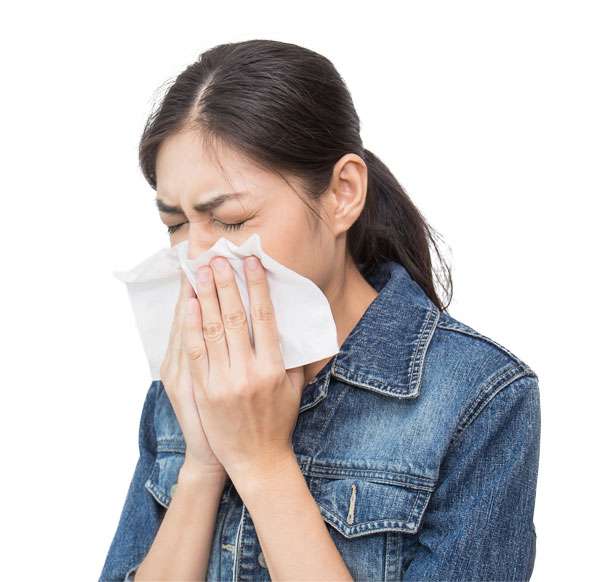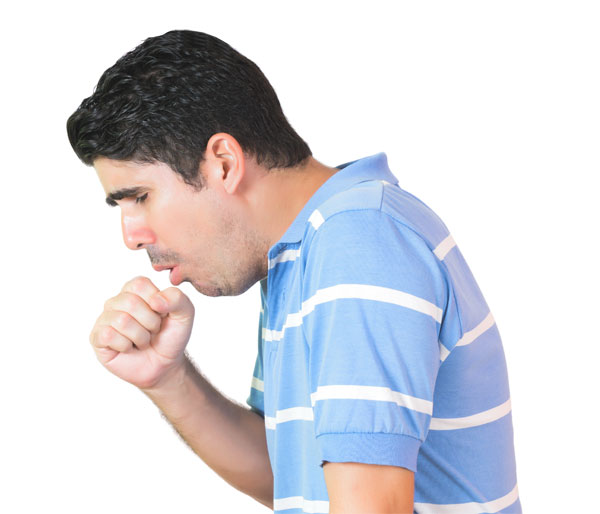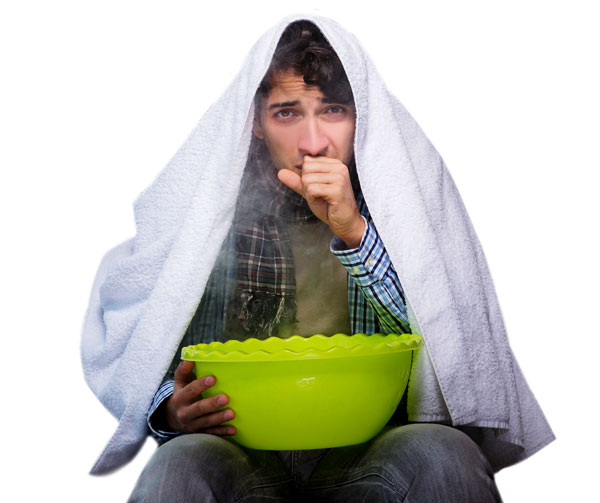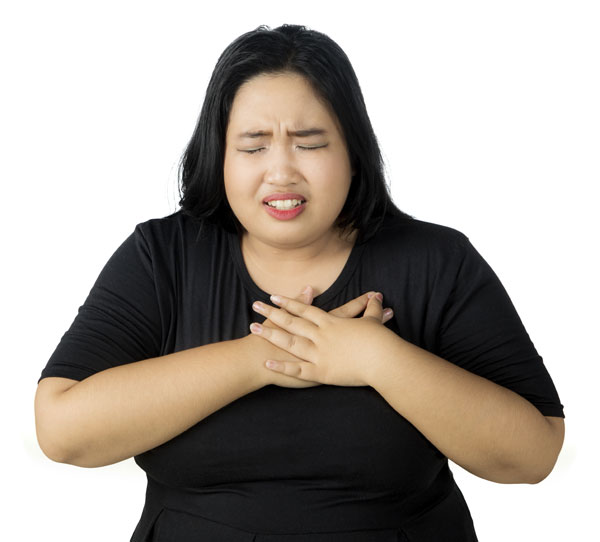
Types Of Asthma Symptoms
Did you ever bother to know how you breathe or when you breathe? Usually, we don’t even notice that we are breathing. The air that passes through the nose gets cleansed by the tiny hair in the nostrils, moves into the windpipe and gets distributed to the lungs.
During an asthma attack, the tissues surrounding the bronchioles (respiratory passages) swell. Mucus builds up around the inflamed tissues and constricts the airways, impairing the lungs’ capacity to absorb oxygen. The situation turns from bad to worse when the muscles around the bronchioles spasm. It then becomes more difficult for the person to breathe. This results in wheezing, shortness of breath and tightness in the chest or in other words, an asthma attack.
But, just because you have asthma does not mean you cannot lead an active life. Knowing what triggers the attack will help you identify the types of asthma and get timely treatment.
Listed below are types of asthma and how they are different from each other.
 Allergic asthma
Allergic asthma
This is the one of the most common types of asthma triggered by inhaling allergens. Allergens are harmless substances such as dust, pollutants, pollens, dust mites and mold. They enter the body through inhalation, swallowing, touching or injection. This type of asthma occurs because your immune system feels a threat from the allergen. A skin or blood test can help identity the triggers. The symptoms include –
- Chronic or dry cough
- Nasal congestion
- Runny nose
- Sneezing
- Itchiness in the eyes or watery eyes
- Throat irritation
 Adult-induced asthma
Adult-induced asthma
This type of asthma occurs once you have crossed the age of 20 and affects women more than men. Pregnant and menopausal women are more vulnerable to this type. Also, people who have had certain illnesses such as cold or flu, or those suffering from heartburn and acid reflux can suffer from adult-induced asthma. X-ray can be done to diagnose this type of asthma. The common symptoms are –
- Wheezing, coughing
- Congestion
- Increased mucus secretion
- Breathlessness
- Chest tightness
 Cough-variant asthma
Cough-variant asthma
The main symptom of this type of asthma is dry cough. Children are more likely to suffer from cough-variant asthma than adults. Each time you cough, your body tries to get rid of foreign irritants, mucus, bacteria and other allergens. Some symptoms of cough-variant asthma are –
- Wheezing
- Chest tightness
- Disturbed sleep
- Vomiting
- Exhaustion
A persistent cough can be irritating, so it is crucial to identify the trigger and eliminate it. But this is the most difficult types of asthma to identify. Your doctor needs to check for bronchitis, sinus and post-nasal drip, and if the reports are negative for all these conditions then he can start treatment for cough-variant asthma.
 Work-related asthma
Work-related asthma
Occupational asthma is triggered at your workplace. Environmental factors, dust, gases, fumes and other particles can trigger this type of asthma. Another trigger could be stress. Work-related asthma occurs soon after you have taken up a new job. The symptoms of occupational asthma are –
- Wheezing
- Coughing
- Breathlessness
- Chest tightness
- Nasal congestion
- Irritation in the eye
The longer you’re exposed to any substance that can cause this type of asthma, the worst the symptoms.
 Night-time (nocturnal) asthma
Night-time (nocturnal) asthma
The symptom so this type of asthma worse at night – between midnight and 8 am. Nocturnal asthma symptoms include –
- Coughing
- Wheezing
- Difficulty breathing
- Inflammation of airway
The best way to control night-time asthma is to control your asthma in general because this type of asthma means your asthma is poorly controlled. If you’re waking up more than twice with a cough or wheezing, then you need to check with your doctor for the treatment.
 Asthma with obesity
Asthma with obesity
If you’re wondering what’s the link between obesity and asthma, well, there is, and a very important one. Asthma with obesity has a considerable impact on public health and their negative effects have shown an increase in the recent years. Asthma is more prevalent in obese people. Overweight individuals (up to 20% above ideal body weight) and obese individuals (more than 20% above ideal body weight) are at 38% and 92% higher risk, respectively, for developing asthma than people of normal weight.
It has been observed that weight gain increases the risk of asthma while weight loss improves the course of the illness. Obese people can prevent asthma attacks by changing their eating habits and making healthy meal choices.
 Exercise-induced asthma
Exercise-induced asthma
If you cough or feel out of breath while exercising, it could be a sign of exercise-induced asthma. As compared to other types of asthma, in this type, the person will have trouble in getting air in and out of the lungs because of inflammation of the airways and extra mucus build-up. But with proper treatment, one can exercise as much as he wants.
Asthma can be a distressing ailment. You may sometimes become frustrated, angry or depressed because it might hamper your day-to-day activities and social life. But asthma doesn’t have to be a limiting or depressing condition.
There are several successful personalities from all walks of life, responding valiantly to different types of asthma and living a productive life. All you need to do is take control and get stronger breath by breath. For a FREE Consultation, speak with Health Total homeopathy experts. Call ![]() 1-800-843-0206 to book an appointment.
1-800-843-0206 to book an appointment.
 Allergic asthma
Allergic asthma Adult-induced asthma
Adult-induced asthma Cough-variant asthma
Cough-variant asthma Work-related asthma
Work-related asthma Night-time (nocturnal) asthma
Night-time (nocturnal) asthma Asthma with obesity
Asthma with obesity Exercise-induced asthma
Exercise-induced asthma